Schlagwort
#Toyota
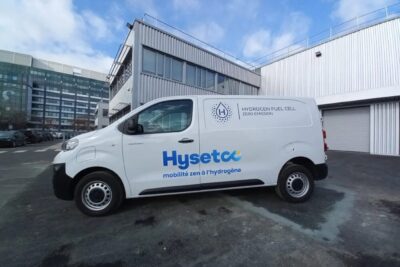
Paris-based H2 joint venture HysetCo raises €200 million
10.04.2024
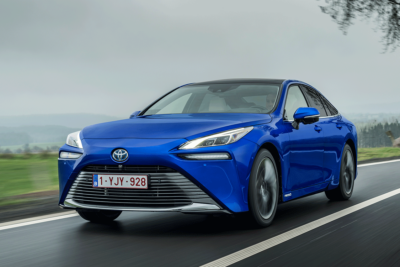
Toyota opts for massive hydrogen car rebates in the US
27.02.2024
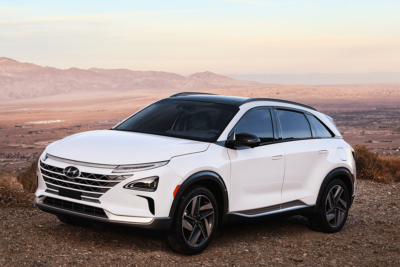
USA sees 2,968 new fuel cell cars registered in 2023
01.02.2024
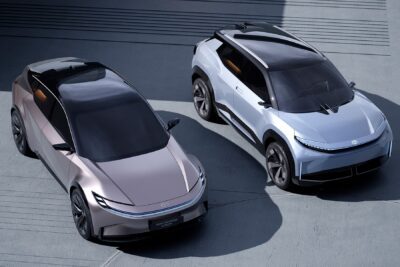
Toyota presents concepts for its six planned BEVs in Europe in 2026
04.12.2023
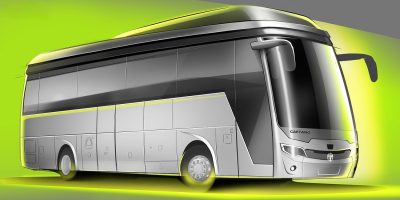
CaetanoBus & Temsa to develop hydrogen coach
13.09.2023
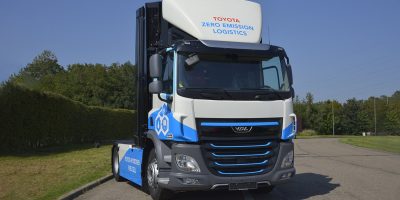
First hydrogen truck from Toyota & VDL starts street testing
13.09.2023
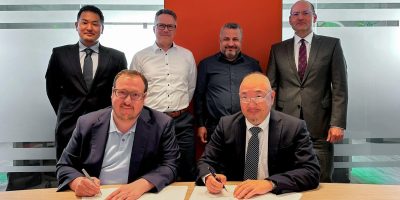
Pepper Motion to source fuel cells from Toyota
01.09.2023
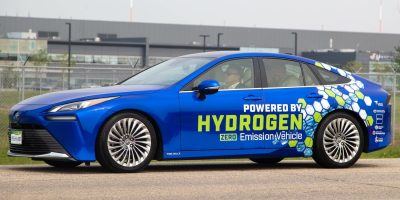
Edmonton International (YEG) to run 100 Mirai hydrogen cars
18.07.2023
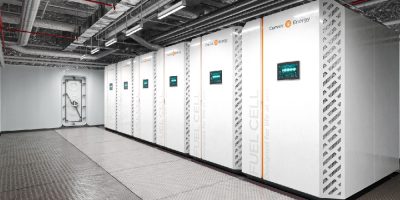
Corvus Energy uses Toyota tech for new marine FC system
18.07.2023
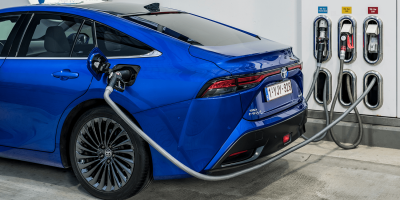
Toyota names China and Europe as target markets for H2 technology
12.07.2023
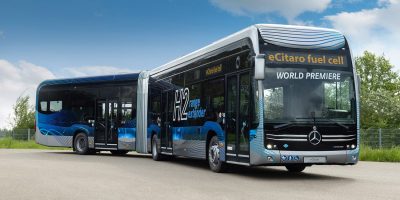
Daimler officially presents the Mercedes eCitaro fuel cell
05.06.2023
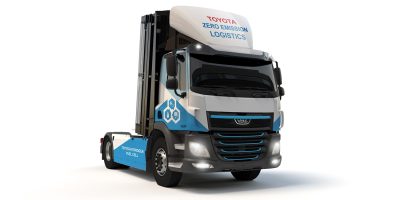
Toyota partners with VDL to roll out heavy-duty hydrogen trucks in Europe
10.05.2023
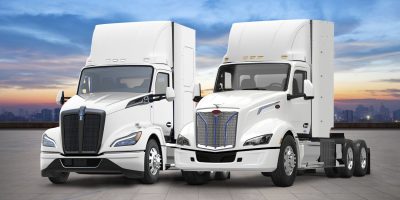
Toyota supplies hydrogen fuel cell powertrain kits to US truck manufacturers
04.05.2023
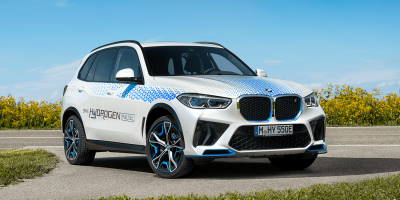
First BMW iX5 Hydrogen hit the road
27.02.2023
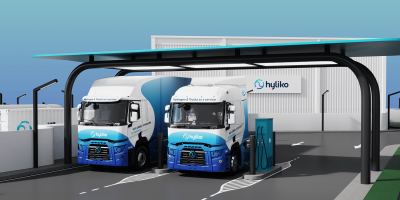
Hyliko to use Toyota fuel cell modules for trucks
23.02.2023
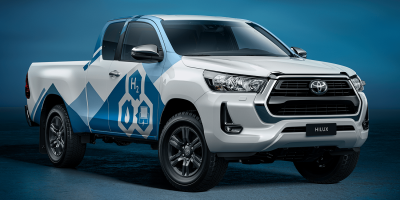
Toyota to develop FC Hilux with UK government support
02.12.2022
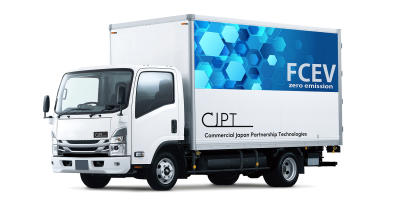
Japanese manufacturer partnership to take on light commercial trucks
20.07.2022


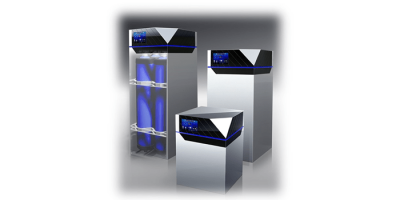
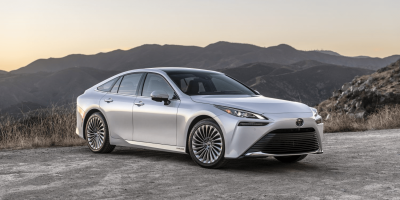
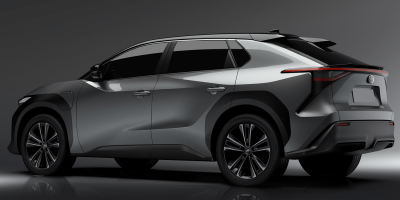
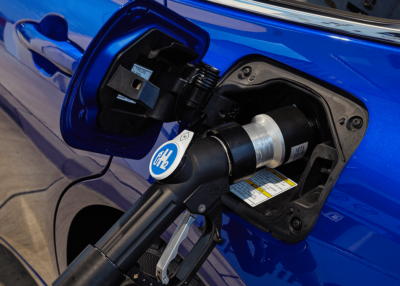
Last commented